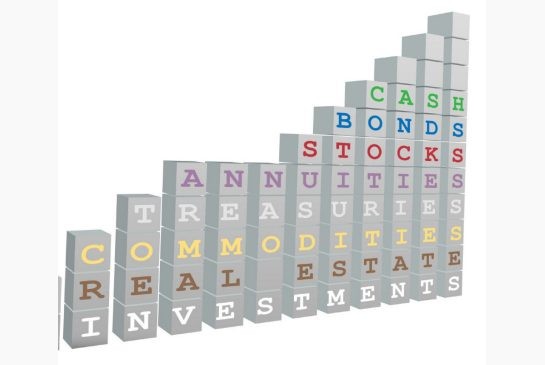Bonds vs Stocks Which Investment is Better for You
Post on: 24 Апрель, 2015 No Comment

Bonds vs Stocks Which Investment is Better for You?
One of the most important questions investors can ask themselves is wether to invest in bonds vs stocks. For most investors the answer is probably some mix of stocks and bonds.
Here is a summary of the differences of bonds vs. stocks:
- Stocks are only issued by corporations. Bonds can be issued by either corporations or government entities.
- Stocks pay investors dividends which are not guaranteed. Bonds pay interest which is guaranteed, unless the company or government entity goes bankrupt.
- In the case of bankruptcy, bonds generally provide more safety than stocks. If youre just starting out it would be a good idea for you to read up on Investment Safety Basics .
Bonds vs Stocks: Lender vs. Shareholder
When you buy a stock, what you are buying is a small piece (or a large piece if you are someone like Warren Buffet!) of ownership in a business. As an owner you have special privileges, including the right to vote on matters that could affect the future of the company. More importantly however, is this: As a stockholder you have the right to share in the profits of the business, when and if those profits are paid out in the form of dividends .
Just as a company can raise money by issuing and allowing people to buy its stock, companies can also raise money by issuing debt in the form of a bond offering. When you buy a bond you are not getting any ownership in the company, but rather you are buying a piece of the company’s debt. As a bond holder you have no voting rights and do not get to share in the profits of the company, however you do receive other advantages that you do not get when buying stock in a company.
Bonds vs Stocks How you Make Money
One of the primary reasons why the price of a stock goes up or down is the profitability, or lack thereof, of the company whose stock you own. If the company makes a lot of profits, then its shareholders (the people who own stock in the company) often stand to make a lot of money as well. Conversely, if the company loses money, then its shareholders generally expect to loose money on their investment as well. If things get so bad with the company that it can no longer pay its obligations and files for bankruptcy, stockholders are generally last in line to get their money back, and therefore often lose their entire investment
As a bondholder you receive an interest payment at specified intervals, regardless of how the company is doing (as long as the company does not go bankrupt). While the price of a company’s stock will be affected by any piece of positive or negative news from the company or the economy, as long as the company is earning enough money to pay its debt obligations, they are legally required to do so. This means that, good or bad, as long as the company does not file for bankruptcy, you get your interest and principal payments. The downside here of course is that if the company has a great year from a profits standpoint, you will not earn any additional interest either.
Bonds vs Stocks When a company goes bankrupt
Another key difference between a bond and a stock is what happens when a company files for bankruptcy. As discussed above, stock holders are last in line in this situation. With this in mind, another advantage of owning a bond over a stock is that generally bond holders are the first people in line to get whatever money is left and/or which can be generated by the sale of the company’s assets. Only after all the bond holders and other creditors are paid, will stock holders get any of their money back. More times than not, in the case of bankruptcy, there is not enough money to make the bond holders and other creditors whole, so stock holders end up with nothing.














